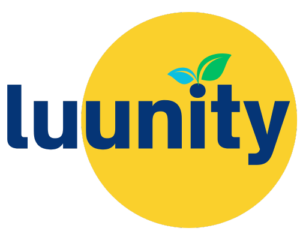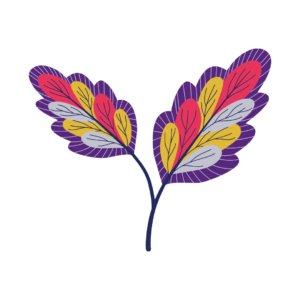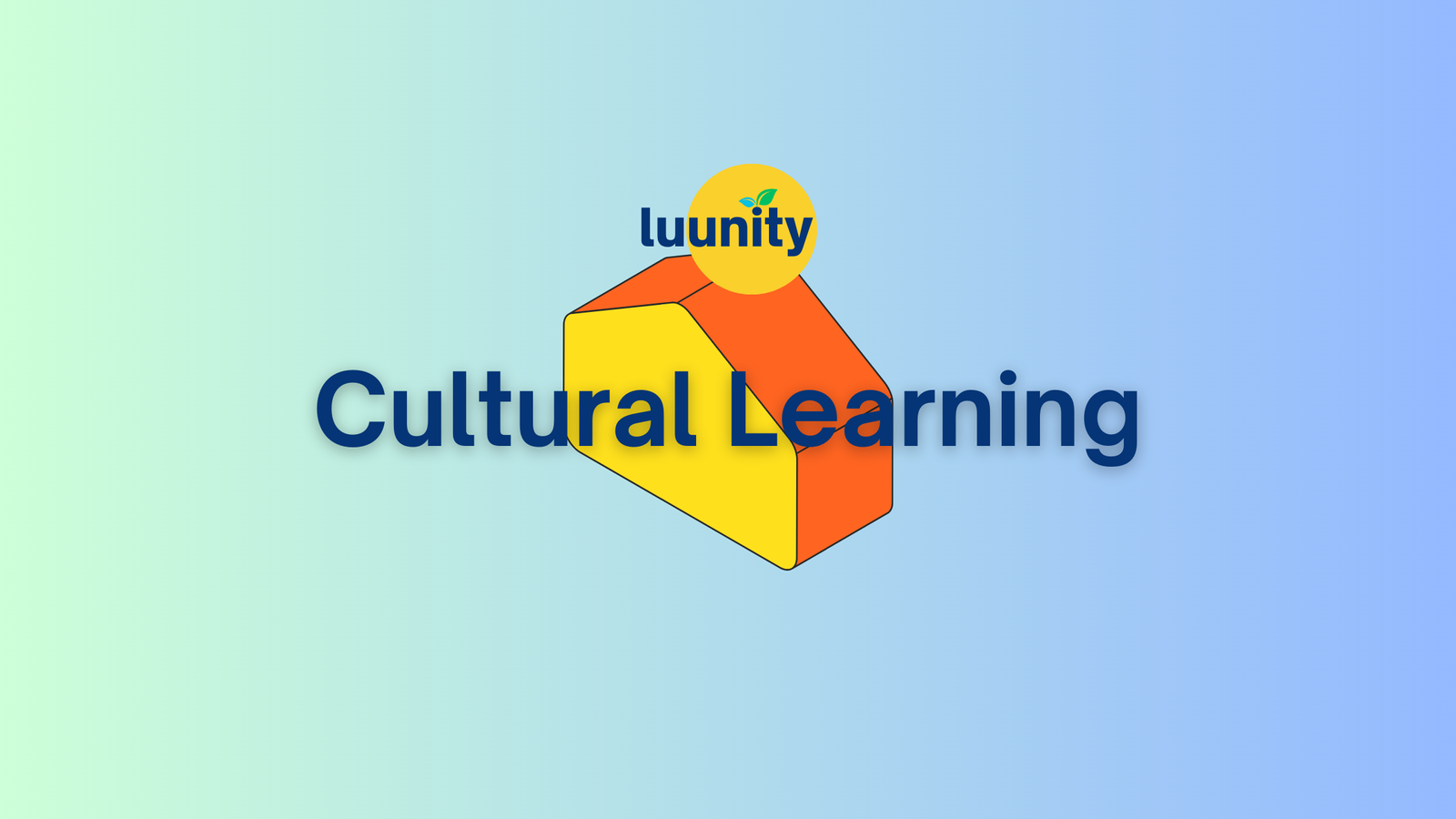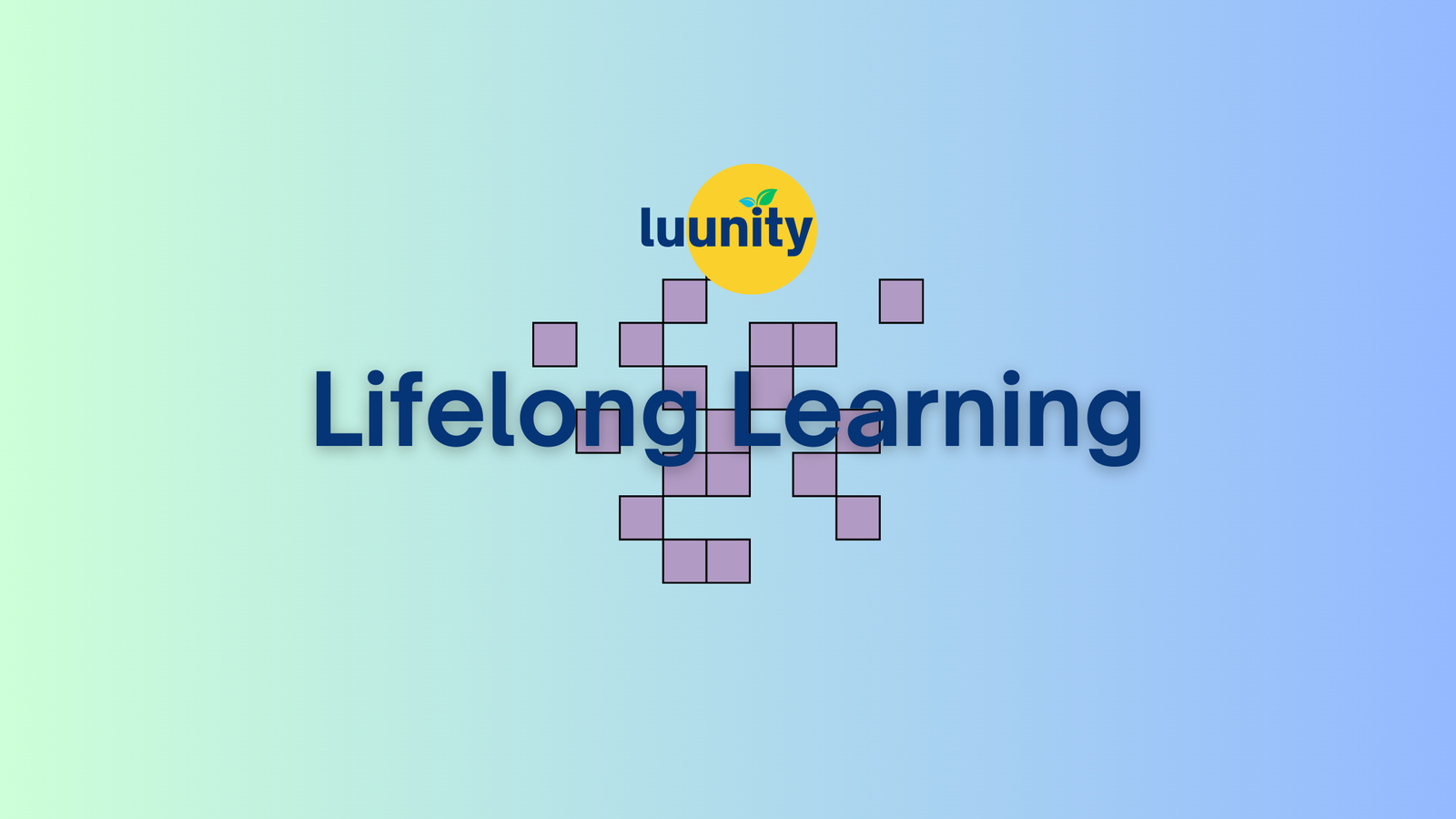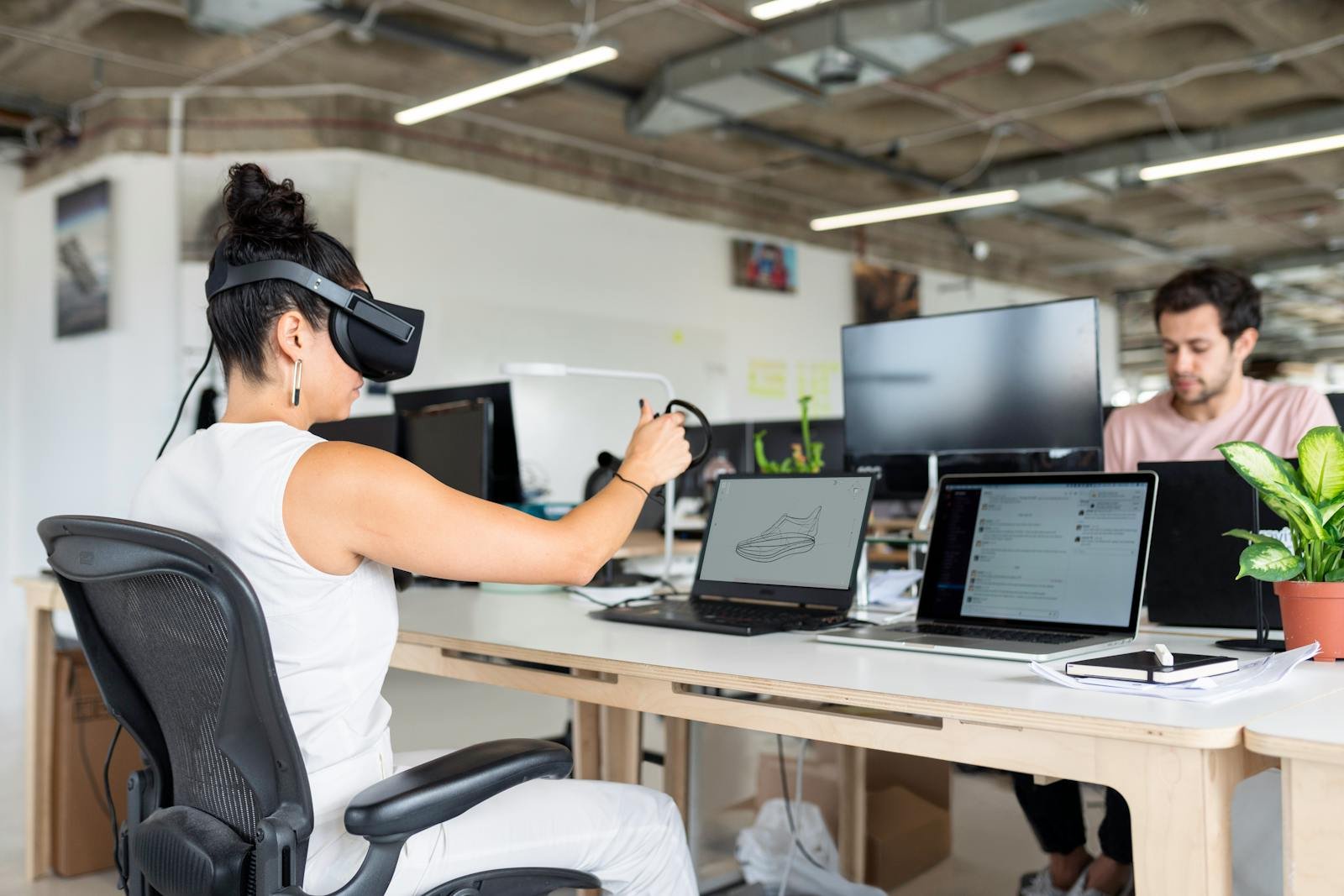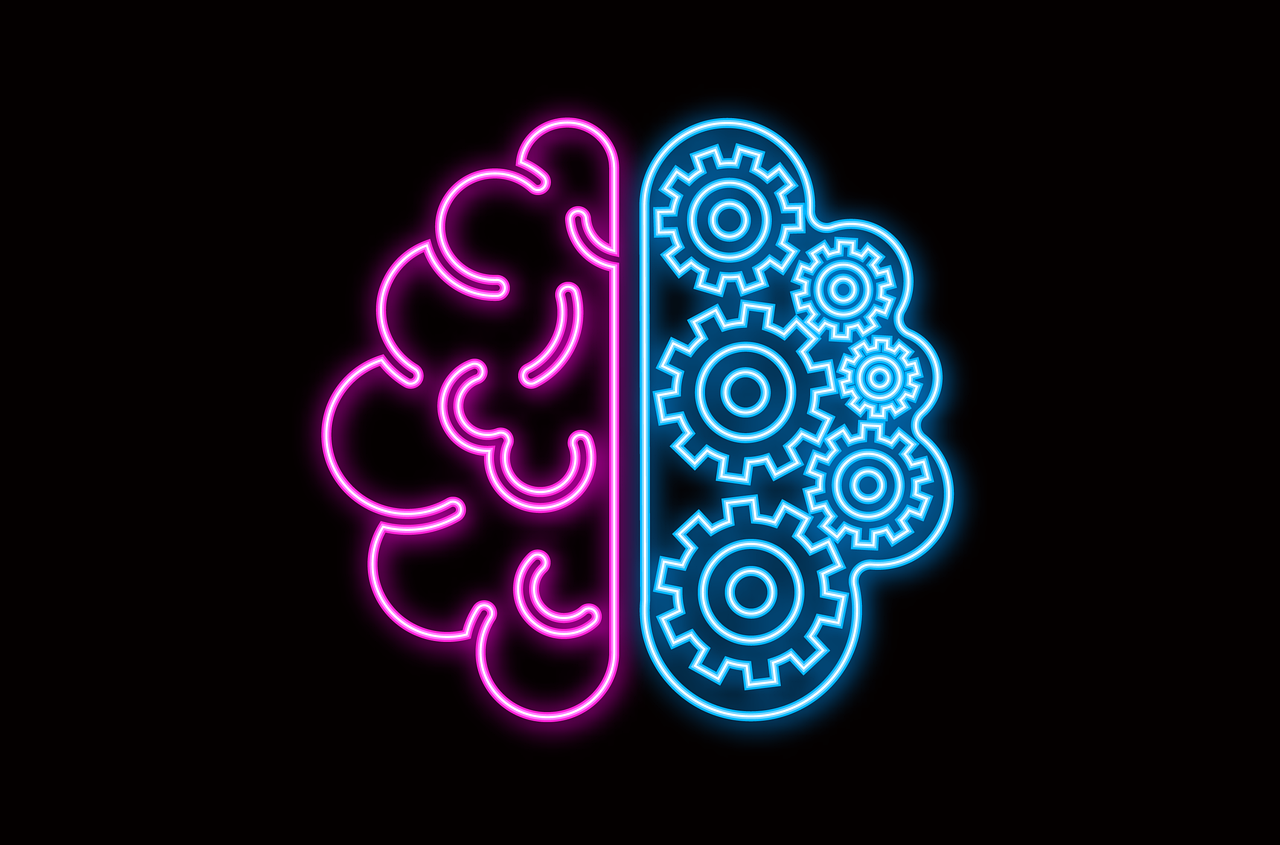Cultural Learning

Cultural learning is about more than just understanding different traditions and customs—it’s about truly connecting with the diverse tapestry of humanity.
By immersing yourself in various cultures, you open up a world of new perspectives, ideas, and experiences that enrich your life in profound ways. Whether you’re traveling, engaging with your local community, or simply exploring global media, cultural learning helps you build empathy, break down barriers, and foster meaningful relationships. It’s an essential skill in our interconnected world, where understanding and respecting cultural differences can lead to greater personal and professional success.
Traits of the Cultural Learner

Curiosity about Other Cultures
Open-Mindedness
Empathy
Adaptability
Respect for Diversity
Intercultural Communication Skills
Global Awareness
Reflective Thinking
Understanding Cultural Learning
Exploring Cultural Practices and Beliefs
Cultural learning involves gaining insight into the customs, rituals, and traditions that define different communities. By understanding these practices, you develop a deeper appreciation for the values and beliefs that shape people’s lives. This process opens your mind to the diverse ways in which culture influences behavior and perspectives.
Language as a Gateway to Culture
Language is a key component of cultural learning. It serves as a gateway to understanding the nuances of a culture, including its idioms, expressions, and worldview. Learning a new language allows you to connect more deeply with people from different backgrounds and access cultural knowledge that might otherwise be inaccessible.
The Role of Cultural Learning
Developing Cultural Competence
Cultural learning is essential for developing cultural competence—the ability to interact respectfully and effectively with people from different cultural backgrounds. It involves not just acquiring knowledge, but also cultivating the skills and attitudes necessary to navigate cultural differences with sensitivity and understanding.
Enhancing Empathy and Global Awareness
Engaging in cultural learning enhances your empathy by allowing you to see the world through the eyes of others. It broadens your global awareness, helping you stay informed about the cultural dynamics and issues that shape our world. This, in turn, fosters a deeper connection with people from diverse backgrounds and encourages a more inclusive worldview.
On Key Benefits of Cultural Learning
Cultural learning offers numerous benefits that enhance both your personal and professional life. By engaging with different cultures, you develop a broader understanding of the world and gain essential skills that improve your interactions with others. Here are the key benefits that highlight the importance of cultural learning in our diverse, interconnected world.
Increased Empathy and Understanding
Building Stronger Connections
Cultural learning allows you to develop deeper connections with people from various backgrounds. By immersing yourself in different cultural experiences, you learn to see the world through others’ eyes, which fosters empathy. This ability to understand and share the feelings of others helps you build stronger, more meaningful relationships.
Valuing Diverse Perspectives
By exploring different cultures, you begin to appreciate the various ways in which people experience life. This broadened perspective enables you to approach interactions with greater sensitivity and respect. As a result, you are more likely to embrace differences and reduce the chances of misunderstandings and conflicts.
Enhanced Communication Skills
Effectively Navigating Multicultural Interactions
Cultural learning greatly improves your ability to communicate in multicultural settings. Understanding the cultural norms and values of others allows you to interact more effectively and respectfully. Whether you’re collaborating in a global team or engaging in cross-cultural conversations, this knowledge helps you navigate interactions smoothly and appropriately.
Overcoming Language Barriers
Part of cultural learning often involves gaining insight into new languages or understanding cultural nuances in communication. Being able to bridge language barriers not only enhances your connections with others but also opens up new opportunities for collaboration, both in personal and professional contexts.
Personal Growth and Self-Awareness
Challenging Your Own Assumptions
Engaging in cultural learning pushes you to reflect on and challenge your own preconceived notions and biases. As you encounter different cultural practices and beliefs, you are encouraged to examine your own values and assumptions. This process of self-reflection leads to greater self-awareness and personal growth, making you more open and adaptable.
Boosting Confidence in Diverse Environments
Cultural learning equips you with the knowledge and skills needed to confidently engage in diverse environments. Whether you’re traveling, working in a multicultural setting, or attending cultural events, your understanding of cultural differences allows you to interact more effectively and with greater confidence.
Professional Competence
Improving Teamwork and Collaboration
In the workplace, cultural learning is essential for effective teamwork and collaboration. Understanding the cultural backgrounds of your colleagues helps you work together more harmoniously and address potential misunderstandings before they arise. This leads to a more inclusive and productive work environment where diverse perspectives are valued.
Enhancing Career Prospects
Cultural competence is a highly sought-after skill in today’s global job market. Employers value individuals who can navigate cultural differences and work effectively in diverse teams. By demonstrating cultural awareness and adaptability, you increase your career opportunities and position yourself for success in international roles or leadership positions in multicultural organizations.
Global Citizenship
Promoting Inclusivity
Cultural learning fosters a sense of global citizenship, encouraging you to think beyond your immediate surroundings and consider your role in the larger world. By understanding and respecting cultural diversity, you contribute to creating a more inclusive and harmonious society where differences are celebrated.
Engaging with Global Challenges
Cultural learning also enhances your ability to engage with global challenges. Whether it’s understanding the cultural dimensions of social issues, environmental concerns, or international relations, cultural learning equips you with the knowledge and empathy needed to participate in global conversations and advocate for positive change.
On How to Cultivate a Cultural Learning Mindset
Cultivating a cultural learning mindset involves developing an openness to new experiences and perspectives, along with a commitment to understanding and appreciating cultural diversity. This mindset is not only about acquiring knowledge but also about fostering attitudes and behaviors that support continuous learning and personal growth in a multicultural world. Here’s how you can cultivate a cultural learning mindset to enhance your interactions and enrich your life.
Embrace Curiosity and Openness
Be Eager to Explore
Curiosity is the foundation of a cultural learning mindset. Approach every cultural experience with a sense of wonder and a desire to learn. Whether you’re encountering a new language, tradition, or belief system, allow your curiosity to guide you. Ask questions, seek out new experiences, and be willing to explore unfamiliar cultural landscapes. This eagerness to learn opens the door to deeper understanding and appreciation.
Stay Open-Minded
An open mind is essential for cultural learning. It’s important to approach cultural differences without judgment, understanding that different doesn’t mean wrong. By staying open-minded, you allow yourself to see the world through different perspectives and to appreciate the richness that cultural diversity brings. This openness fosters empathy and helps you build meaningful connections with others.
Engage Actively with Diverse Cultures
Participate in Cultural Activities
Actively engaging in cultural activities is a powerful way to cultivate a cultural learning mindset. Attend cultural festivals, try traditional foods, learn new dances, or participate in cultural workshops. These hands-on experiences allow you to immerse yourself in different cultures and gain a deeper, more personal understanding of their values and practices.
Travel and Experience New Environments
Traveling is one of the most effective ways to develop a cultural learning mindset. By visiting different regions or countries, you are exposed to new customs, languages, and ways of life. Immersing yourself in these environments helps you to adapt to different cultural norms and develop a greater appreciation for the diversity of human experiences.
Reflect and Challenge Assumptions
Reflect on Your Own Culture
Understanding your own cultural background is a key part of cultivating a cultural learning mindset. Reflect on the values, beliefs, and practices that have shaped your worldview. Consider how these elements influence your perceptions of other cultures. This reflection helps you recognize any biases or assumptions you may have and allows you to approach cultural learning with greater self-awareness.
Challenge Your Preconceptions
Cultivating a cultural learning mindset requires you to challenge your own preconceptions and be willing to change your perspective. When you encounter cultural practices or beliefs that differ from your own, take the time to understand them before forming judgments. This willingness to challenge your assumptions leads to personal growth and a more nuanced understanding of the world.
Develop Intercultural Communication Skills
Learn to Listen Actively
Active listening is a crucial skill in intercultural communication. When engaging with people from different cultural backgrounds, listen carefully to their words, but also pay attention to non-verbal cues and cultural context. Active listening shows respect and helps you better understand the speaker’s perspective, fostering clearer and more meaningful communication.
Adapt Your Communication Style
Cultural learning involves recognizing that different cultures have different communication styles. Some cultures may value directness, while others may prioritize harmony and indirect communication. By adapting your communication style to align with the cultural norms of those you’re interacting with, you demonstrate respect and enhance your ability to connect effectively with others.
Seek Out Learning Opportunities
Pursue Cultural Education
Formal education, such as taking courses in cultural studies or learning a new language, is an excellent way to cultivate a cultural learning mindset. These courses provide structured opportunities to explore different cultures and gain academic insights into cultural dynamics. Additionally, language learning opens up new avenues for communication and deeper cultural understanding.
Engage with Cultural Media
Books, films, music, and other forms of cultural media offer valuable insights into different cultures. Engage with these resources to broaden your understanding and appreciation of cultural diversity. Whether it’s reading a novel from a different country, watching international films, or listening to world music, cultural media allows you to experience different perspectives and ideas.
Build Relationships Across Cultures
Form Genuine Connections
Building relationships with people from diverse cultural backgrounds is one of the most rewarding aspects of cultivating a cultural learning mindset. Forming genuine connections allows you to learn about different cultures firsthand and fosters mutual respect and understanding. These relationships enrich your life and provide continuous opportunities for cultural learning.
Join Cultural Exchange Programs
Participating in cultural exchange programs is another way to build cross-cultural relationships and enhance your learning. Whether through study abroad programs, work exchanges, or volunteer opportunities, cultural exchanges immerse you in new environments and challenge you to adapt and grow. These experiences broaden your horizons and deepen your cultural competence.
On Types of Cultural Learning
Cultural learning can take many forms, each offering unique opportunities to explore and understand the rich diversity of human experience. By engaging with different types of cultural learning, you can deepen your knowledge, broaden your perspectives, and enhance your ability to connect with others across cultural boundaries. Here are some of the key types of cultural learning and how they contribute to your personal and professional growth.
Formal Cultural Learning
Academic Courses and Programs
Formal cultural learning often takes place in academic settings, where you can enroll in courses or degree programs focused on cultural studies, anthropology, languages, or international relations. These structured learning environments provide in-depth knowledge of different cultures, including their history, social dynamics, and cultural expressions. Academic courses often include lectures, readings, discussions, and research projects that allow you to engage deeply with cultural topics and develop a strong foundation of cultural competence.
Language Learning
Learning a new language is a powerful form of formal cultural learning. Language courses not only teach you the mechanics of a language but also immerse you in the cultural context in which that language is used. By understanding the idioms, expressions, and cultural references embedded in a language, you gain insights into the values and worldviews of the people who speak it. Language learning opens doors to new cultural experiences and enables you to communicate more effectively across cultural boundaries.
Informal Cultural Learning
Travel and Immersion
Travel is one of the most impactful forms of informal cultural learning. When you travel to a new region or country, you are exposed to different cultural practices, traditions, and ways of life. Immersing yourself in these environments allows you to experience culture firsthand and learn through direct engagement. Whether it’s trying new foods, participating in local customs, or simply observing everyday life, travel broadens your understanding of the world and enhances your cultural awareness.
Cultural Exchange Programs
Cultural exchange programs, such as study abroad or work exchange opportunities, provide structured yet informal learning experiences. These programs allow you to live and work in a different cultural environment, giving you the chance to learn through direct interaction with locals. Cultural exchanges foster personal growth, adaptability, and a deeper understanding of the cultural dynamics at play in different parts of the world.
Experiential Cultural Learning
Participating in Cultural Events
Experiential cultural learning occurs when you actively participate in cultural events and activities. This could include attending festivals, celebrations, workshops, or religious ceremonies. These experiences allow you to engage with culture in a hands-on way, providing a deeper appreciation of the customs, values, and social dynamics that define different communities. Experiential learning is particularly effective because it involves all the senses and often creates lasting memories that reinforce your cultural understanding.
Engaging in Multicultural Workplaces
Working in a multicultural environment is another form of experiential cultural learning. In such settings, you are exposed to diverse perspectives, communication styles, and work practices. By navigating these differences and collaborating with colleagues from various cultural backgrounds, you develop cultural competence and adaptability. Multicultural workplaces offer real-world opportunities to apply cultural learning in professional contexts, enhancing your ability to work effectively in globalized industries.
Media-Based Cultural Learning
Consuming Cultural Media
Books, films, music, and other forms of cultural media are valuable tools for cultural learning. By engaging with media produced in different cultural contexts, you gain insights into the narratives, values, and experiences that shape the lives of people around the world. Whether you’re reading a novel set in a different country, watching an international film, or listening to world music, cultural media exposes you to diverse perspectives and enriches your understanding of global cultures.
Social Media and Online Platforms
In the digital age, social media and online platforms offer new avenues for cultural learning. By following content creators from different cultural backgrounds, participating in online discussions, and accessing global news sources, you can stay informed about cultural trends and issues from around the world. Social media also allows you to connect with people across cultural boundaries, fostering intercultural dialogue and expanding your cultural knowledge.
Reflective Cultural Learning
Personal Reflection and Self-Assessment
Reflective cultural learning involves taking the time to reflect on your own cultural experiences and how they shape your worldview. By examining your reactions to different cultural practices, questioning your assumptions, and assessing your cultural competence, you deepen your self-awareness and become more mindful of the cultural dynamics that influence your interactions. Reflection helps you identify areas for growth and develop a more nuanced understanding of culture.
Cultural Mentorship
Engaging with a mentor from a different cultural background can also be a form of reflective cultural learning. A cultural mentor can provide guidance, share personal experiences, and offer insights into their culture that you might not gain through other means. This one-on-one learning experience allows you to ask questions, seek advice, and gain a deeper understanding of cultural nuances, all while building a meaningful cross-cultural relationship.
Cultural Learning in the Digital Age
The Digital Age has transformed the way we engage with and learn about different cultures. With the advent of the internet, social media, and other digital tools, cultural learning has become more accessible, interactive, and dynamic than ever before. The digital landscape offers countless opportunities to explore cultures from around the world, connect with people from diverse backgrounds, and deepen your understanding of global perspectives. Here’s how cultural learning has evolved in the Digital Age and the ways in which you can take advantage of these opportunities.
Access to Global Knowledge and Resources
Online Courses and Educational Platforms
Digital platforms like Luunity provide access to a vast array of online courses and educational resources focused on cultural studies, languages, and global issues. These courses allow you to explore different cultures from the comfort of your home, offering structured learning experiences that cover everything from cultural history to contemporary social dynamics. Online education has made it easier than ever to engage in cultural learning, regardless of your location or schedule.
Virtual Libraries and Archives
The internet hosts a wealth of virtual libraries, archives, and digital collections that make cultural knowledge widely accessible. Platforms like Flobase offer eBooks and interactive resources that allow you to delve into the literature, art, and history of various cultures. These digital repositories provide access to materials that might otherwise be difficult to find, enabling you to explore the cultural heritage of different communities in depth.
Interactive and Immersive Experiences
Virtual Reality (VR) and Augmented Reality (AR)
VR and AR technologies have revolutionized cultural learning by offering immersive experiences that bring distant cultures to life. With VR, you can take virtual tours of historical sites, museums, and cultural landmarks around the world. AR can enhance real-world experiences by overlaying digital information onto physical environments, allowing you to interact with cultural artifacts and practices in new and engaging ways. These technologies provide a more interactive and tangible way to learn about different cultures.
Language Learning Apps
Digital language learning apps like Duolingo or Babbel have made it easier to learn new languages, which is a key aspect of cultural learning. These apps offer interactive lessons, quizzes, and practice exercises that help you develop language skills at your own pace. By learning a new language digitally, you not only gain a valuable skill but also gain insights into the cultural context in which that language is used.
Global Connectivity and Collaboration
Social Media and Cultural Exchange
Social media platforms offer unique opportunities for cultural exchange. By following content creators, influencers, and organizations from different cultural backgrounds, you can gain real-time insights into global trends, cultural practices, and social issues. Social media also allows you to engage in conversations, share experiences, and connect with people from around the world, fostering intercultural dialogue and understanding.
Collaborative Projects and Online Communities
The Digital Age has facilitated the creation of online communities and collaborative projects that bring people together across cultural boundaries. Platforms like Flow Method, forums, and specialized online groups provide spaces where individuals can share knowledge, discuss cultural topics, and work on collaborative projects. These communities offer a supportive environment for cultural learning, allowing you to engage with others who share your interest in exploring different cultures.
Media Consumption and Cultural Awareness
Streaming Services and Global Media
Streaming services like YouTube offer a vast selection of films, documentaries, and TV shows from around the world. By consuming global media, you can gain a deeper understanding of different cultures, their narratives, and the issues they face. Watching foreign films, documentaries, or even international news can broaden your perspective and enhance your cultural awareness.
Podcasts and Audiobooks
Podcasts and audiobooks are another powerful tool for cultural learning in the Digital Age. Platforms like AudioOcean offer a wide range of content that explores cultural topics, including interviews, storytelling, and discussions on global issues. These audio resources allow you to engage with cultural learning on the go, making it easy to integrate into your daily routine.
Challenges and Considerations in Digital Cultural Learning
Navigating Misinformation
One of the challenges of cultural learning in the Digital Age is navigating the vast amount of information available online. Not all sources are accurate or reliable, so it’s important to critically evaluate the information you consume. Seek out reputable sources, cross-check facts, and be aware of the potential for cultural stereotypes or biases in digital content.
Maintaining Authenticity in Virtual Experiences
While digital tools offer incredible opportunities for cultural learning, it’s important to recognize their limitations. Virtual experiences, while immersive, may not fully capture the nuances and authenticity of real-world cultural interactions. Whenever possible, complement your digital learning with real-life experiences to gain a more comprehensive understanding of different cultures.
The Future of Cultural Learning in the Digital Age
Advances in AI and Personalization
As technology continues to evolve, artificial intelligence (AI) and machine learning will likely play a larger role in cultural learning. AI-powered platforms could offer personalized cultural learning experiences tailored to your interests, learning style, and progress. These advancements could make cultural learning even more accessible and effective, offering customized paths that deepen your cultural understanding.
Expanding Global Collaboration
The Digital Age will continue to expand opportunities for global collaboration and cultural exchange. As more people connect online, the potential for intercultural dialogue and learning will grow. This increased connectivity can lead to a greater appreciation of cultural diversity and contribute to global problem-solving through shared knowledge and collaboration.
The Ultimate Guide to Learning Styles: Tailoring Education to You
- Dive into the world of learning styles with this comprehensive guide that helps you understand and apply different learning techniques tailored to individual needs.
Flow and Grow: The Path to Self Mastery and Personal Growth
- This eBook offers insights and strategies for achieving personal growth and mastering self-improvement techniques to lead a more fulfilling life.
Good Credit: Establishing and Repairing Your Credit Score
- Learn how to build, maintain, and repair your credit score with practical advice and strategies that can help you secure better financial opportunities.
Mind-Body Connection: Holistic Harmony and Optimal Wellness Within
- Explore the deep connection between the mind and body, and discover holistic approaches to achieve overall wellness and harmony.
The Legacy Builders: Building Sustainable Businesses that Make an Impact
- A must-read for entrepreneurs looking to create sustainable businesses that not only succeed but also make a positive impact on society.
Digital Detox: Unplugging for Mental Clarity and Inner Peace
- Learn how to disconnect from the digital world to reclaim your mental clarity and achieve a sense of inner peace.
The Little Book on Hydration: The People’s Guide To Health, Vitality & Flow
- Understand the importance of hydration for overall health and vitality, with tips on how to maintain optimal hydration levels daily.
Winning Mindset: Keeping A Positive and Hopeful Mind
- This eBook provides techniques for developing and maintaining a winning mindset that helps you stay positive and hopeful in the face of challenges.
Sustainable Agriculture: Principles of Sustainable Agriculture for a Hungry Planet
- Discover the principles of sustainable agriculture and how they can be applied to address the growing challenges of food production in a changing world.
The Art of Stillness: How Boredom Can Lead to Your Best Self
- Explore the benefits of stillness and boredom as powerful tools for self-discovery, creativity, and personal growth.
These eBooks provide valuable knowledge and insights across various fields, making them ideal resources for anyone interested in personal development, sustainability, and achieving success in both personal and professional life.
Other Learning Styles
Courses for Lifelong Learning


Articles about Lifelong Learning
Learning Paths for Lifelong Learning
